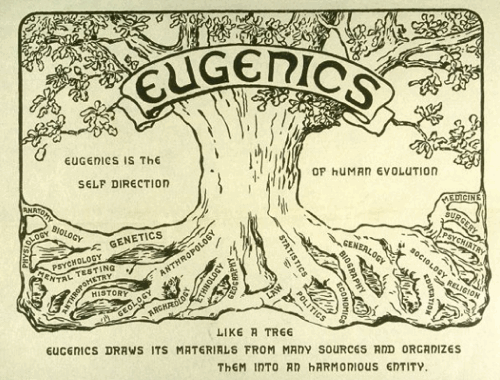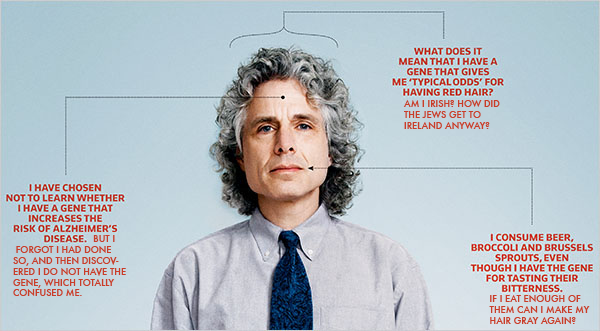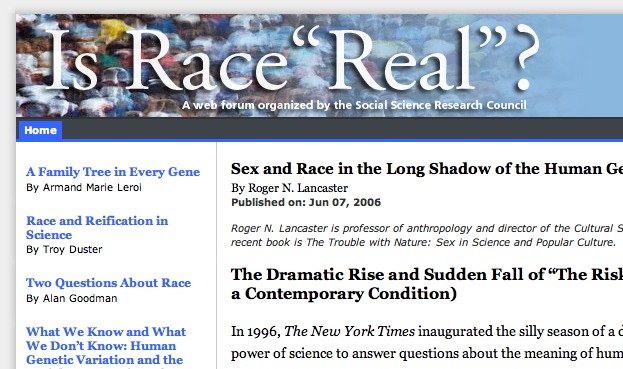Santoshi Kanazawa is an evolutionary psychologist who blogs for Psychology Today. If I were as stupid as he is I’d probably shoot myself, but that didn’t stop someone at the magazine from letting him post the nonsense of Why Are Black Women Less Physically Attractive Than Other Women? (The same people who don’t know how to use capitalization in titles, maybe…)
The article disappeared pretty quick (the link above is to the Google cache), so either someone at the magazine had a lucid moment or they don’t know how to work their Internet thingies, but either way, it’s out there and it bears the imprimateur of a pretty mainstream magazine.
Here’s the gist: During interviews for a longitudinal study of American adolescent health called Add Health, researchers assign a score for how attractive their subjects are, using a scale of 1-5. Kanazawa takes those objective-because-it’s-a-number-yo! figures and averages them by race, does a little factor analysis, and concludes that black women are objectively less attractive than all other women. And after discarding a few factors like the “fact” that black women are fat and stupid (which, he points out, doesn’t seem to hurt black men much, who are seen as the most attractive of men), Kanazawa concludes it must be because black women are so testosteroney.
We will NOT be seeing Mr. Kanazawa on Are You Smarter than a Fifth Grader? Continue reading


